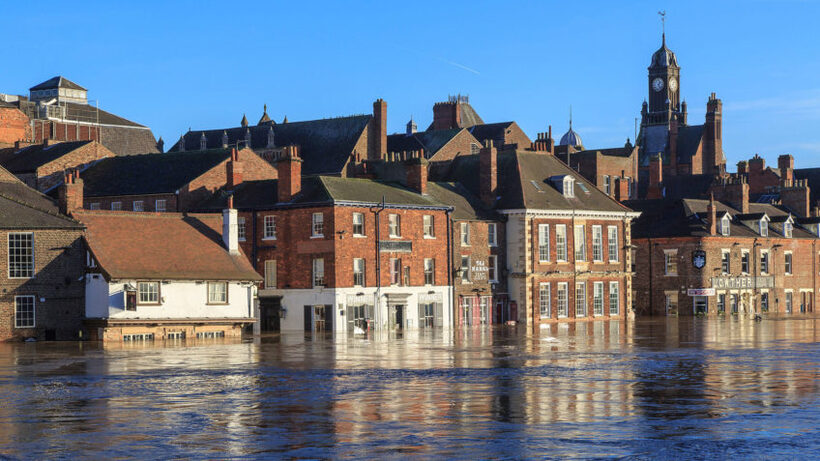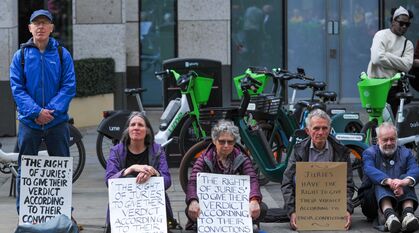Go for zero to stop climate breakdown
The clock is ticking. It's time for the UK government to walk the walk on climate policy.

On 11 December 2018, MPs are due to vote on Theresa May's proposed Brexit deal. Brexiters and remainers alike can see much at stake for our economy and democracy for decades to come. It's why Brexit has been described as 'the issue of our generation'.
Yet there is another international deal being negotiated this December. Whilst it's getting less UK press coverage, its focus has far wider global implications. As UK politicians wrangle over Brexit, governments, corporate lobbyists and activists are gathered in Poland for UN climate change talks. The aim is to agree how to enact the targets of the 2015 Paris climate deal.
A call for leadership
The issue of climate breakdown needs urgent political leadership. It demands we change the way we run our global economy for the good of people and the planet. Just last month, a UN report concluded that it is both essential and possible to avoid catastrophic climate change by limiting global warming to 1.5°C above pre-industrial levels.
UN scientists say the world must cut greenhouse gas emissions almost entirely and remove remaining emissions (often called net-zero emissions) by 2050 at the latest. Considering the warnings in their latest report, many say 2050 is far too late to protect the ecosystems that we all depend upon. We need unprecedented climate action to happen within the next few years.
As a richer country, the UK must take a lead. Indeed, in the past it has done. In November, Quaker representatives joined campaigners, faith leaders and politicians in parliament to mark the 10th anniversary of the Climate Change Act. This act committed the UK to cut carbon and set out a series of 'carbon budgets' to achieve regular targets. This was groundbreaking. The problem? Those targets aren't deep enough. The 2008 act set UK emissions to fall in line with a 2°C warming target, requiring 80 per cent emissions cuts by 2050. According to latest climate science, this will invite climate chaos.
Taking the wrong path
It's deeply concerning that the UK is going to the UN climate talks this week knowing that it is due to miss its current targets. Whilst the UK government is seeking advice on a net-zero emissions target and how we get there, things are going in the wrong directions in many areas. The Autumn Budget gave more money to road building than to the green economy. No policies in the current Agriculture Bill will counter the carbon tide. And the UK government is backing high carbon industries like fracking. This not only fails the UK's legal and moral responsibilities to cut emissions. We're missing out on decent jobs, clean air and better services from green investment.
Local conversations, global impact
We will only see government action on the climate if we build grassroots pressure on a scale that can't be ignored. Talking face-to-face with MPs is part of what we need to do. Last weekend, I joined 19 Quakers who came together in Manchester to learn ways to lobby MPs for climate action. Trainers Hope for the Future helped us find ways to connect with MPs and local councillors from all political shades to support good climate policy. I learnt three things:
- Keep it local: Our climate crisis is global, but how we respond will impact every MP's constituency. Green investment could offer local jobs, cleaner air and better services for local people – what's not to like?
- Show your constituency cares: Maybe your MP needs convincing to support climate action. Why not join with others in your community – for example, different faith groups – to show that climate change is a widely held concern?
- Have an offer: MPs are busy people, so help them out. Provide clear information on climate issues, invite them to an event where they can meet lots of people, or coordinate local press coverage for when they take action!
Quakers have always been part of the wider climate movement, speaking truth to power on issues of sustainability. By holding decisionmakers to account over climate change, we also make room for them to show leadership.
From lobbying MPs, to direct action, to demanding councils divest their pension funds from fossil fuels, Quakers are joining with others to demand real climate action from government like never before.
Find out more about how you can take action at www.quaker.org.uk/climatejustice


